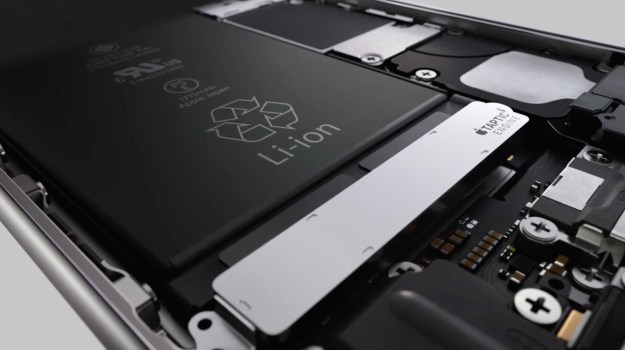Apple CEO Tim Cook said in an interview on Wednesday that a future iOS update will allow iPhone owners to disable the device’s built-in function that throttles the CPU when the device has a depleted battery. The measure was quietly added by Apple to lengthen the life of older batteries.

Speaking with ABC News, Cook explained the upcoming iOS feature will be issued as part of a developer beta next month, to be followed by wide public release shortly thereafter.
The new functionality appears to be distinct from battery health monitoring tools announced in December.
Apple’s iOS 10.2.1 update, which was released in 2016, intentionally slows the CPU in an older iPhone with worn out batteries. The company said it made the move to prevent older iPhones from having issues. iPhone users have responded with much wailing and gnashing of teeth. And lawsuits. So. Many. Lawsuits.
Apple issued an apology for it’s “miscommunication” regarding the issue, saying the “feature” was put in place “to smooth out the instantaneous peaks only when needed to prevent the device from unexpectedly shutting down during these conditions.”
The preventative measure was originally designed for iPhone 6, 6s and SE models, and has since been extended to the iPhone 7 and 7 Plus. Apple says the measure will be implemented in future products as needed.
When it apologized, Apple said it plans to add features in a future iOS version that will allow users to check whether their iPhone’s battery is affecting the device’s performance. Cook discussed how that would work.
“We will tell somebody, saying, ‘We’re reducing your performance by some amount in order to not have an unexpected restart,'” Cook said. “And if you don’t want it, you can turn it off. Now we don’t recommend it, because we think that people’s iPhones are really important to them, and you can never tell when something is so urgent.”


